Bahrain National Oil and Gas Authority Outlines Future of Bahrain Oil and Gas Industry
National Oil and Gas Authority, HE Abdul Hussain bin Ali Mirza, Bahrain Minister of Oil and Gas
Today, the income from oil and gas constitutes about 80% of the government’s revenue. However, we were also the first GCC country to attempt diversification, in the 1960s and 70s. Thanks to those efforts, oil and gas now only constitute 24% of GDP at current prices (and 12% at constant prices).
Interview with National Oil and Gas Authority, HE Abdul Hussain bin Ali Mirza, Bahrain Minister of Oil and Gas
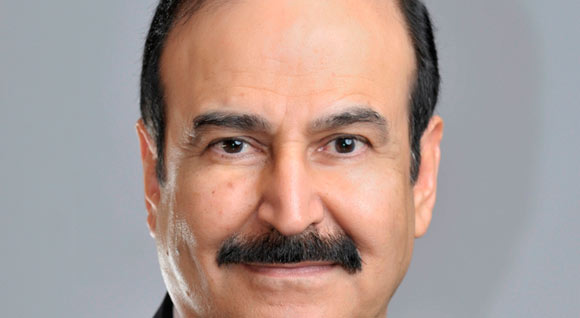
Aside from increased pressure on the budget, regional events are not yet having an adverse effect on Bahrain’s economy. In fact, quite the opposite. The uncertainty has helped push oil prices, which is good news for government coffers; however it must be noted that Bahrain is still dependent on oil, in spite of a seemingly diversified economy. How do you foresee the role of oil in Bahrain’s economy – is this a concern for you?
Today, the income from oil and gas constitutes about 80% of the government’s revenue. However, we were also the first GCC country to attempt diversification, in the 1960s and 70s. Thanks to those efforts, oil and gas now only constitute 24% of GDP at current prices (and 12% at constant prices).
Bahrain is the first country of the GCC (Gulf Cooperation Council) where oil was discovered, in 1932. It plays a major role in our country’s economy. Over the years, the political leadership has used the wealth generated wisely, to build infrastructure and to provide services for citizens like schools, housing, roads, hospitals, etc.
Thanks to this wise allocation of revenues, Bahrain ranks as well as any other Gulf country in terms of modernization – even despite its small oil reserves.
Today, the income from oil and gas constitutes about 80% of the government’s revenue. However, we were also the first GCC country to attempt diversification, in the 1960s and 70s. Thanks to those efforts, oil and gas now only constitute 24% of GDP at current prices (and 12% at constant prices).
Finance is now another important sector, thanks to legislation that protects investors, bankers as well as consumers. Bahrain also has one of the largest aluminum smelters in the world. We have, in this sense, managed to balance diversification and the generation of additional revenues from oil and gas.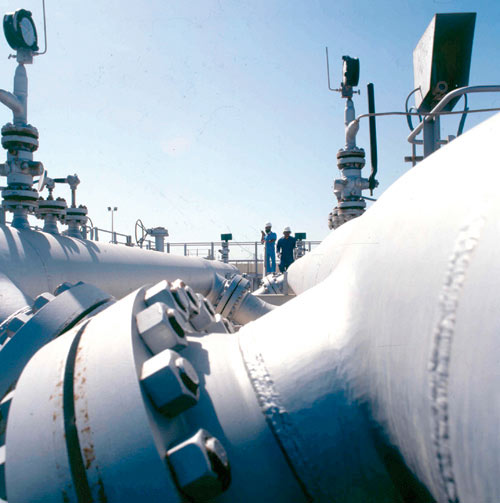
Bahrain is currently developing the old Awali oilfield, which is more than 78 years old, by using new enhanced oil recovery techniques. We’ve evaluated bids from international companies, and accepted those of Occidental Petroleum Corporation of the USA and Mubadala Energy of the UAE. We eventually formed Tatweer Petroleum in December 2009, with the intent of investing 15 billion dollars, in the next twenty years, in order to enhance recovery from our old oil field.
Production of Bahrain field had been declining over the years, but we’ve managed to increase it back from 29 000 to 40 000 barrels per day. We forecast that production there, in the next 5-7 years, will treble to around 100 000 barrels per day, and stabilize at that rate until 2028. This is already a major success for us and indicates a substantial increase in revenue for the government.
Since the formation of the Oil and Gas Authority in September 2005, we’ve offered all four of our offshore blocks to international companies; those blocks are now being developed by Occidental as well as PTT of Thailand. Those companies have completed geophysical studies and seismic surveys and will be drilling new exploration wells. 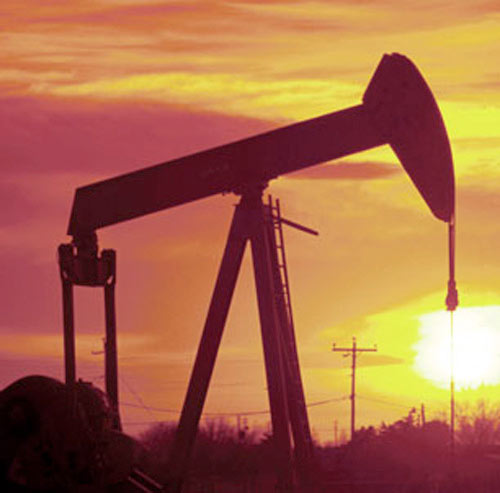
We have also signed an agreement with Occidental for deep-gas exploration; this will go through parliament shortly for ratification. Furthermore, we are currently evaluating bids for liquefied natural gas; from a shortlist of 14 companies, we have received 9 bids. This involves the installation of LNG receiving facilities in Bahrain, in order to supplement our own reserves.
In addition to this, we have a 6-billion dollar project to increase and upgrade refinery capacity, as well as a plan to replace the existing pipeline between Saudi Arabia and Bahrain. We purchase some 230,000 barrels of crude oil daily from Saudi Arabia through the pipeline in order to produce finished products; this pipeline capacity will be increased to 350 000 barrels per day.
All in all, these projects mean that a total of 20 billion dollars will be invested over the next 20 years in Bahrain by international companies. The agreements we have signed with these companies also guarantee greater employment for Bahraini nationals, substantial technology transfers, procurement contracts for local merchants and environmental protection clauses. 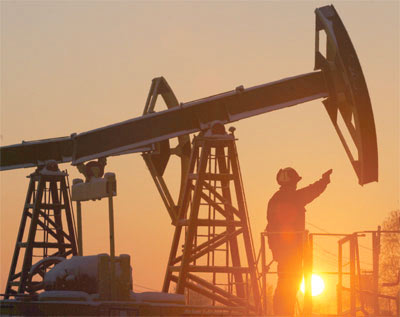
From a regional perspective, how do you see the Middle East oil and gas sector developing over the next few years?
The Middle East is blessed with 60% of world oil reserves and 40% of gas reserves. In the long term, while other countries begin to exhaust their reserves, the Middle East will retain a major share in determining prices and quantities to be supplied on world markets.
The spare production capacity of countries like Saudi Arabia will allow the region to become more and more important over time, as foreign reserves diminish, countries seek to develop and industrialize, and political instability in countries like Libya and others affects overall supply. Every Middle Eastern country with oil reserves will seek to ramp up its production in the near future.
What is your position on peak-oil theory – do you see oil production reaching a peak yourself?
This theory has been widespread for many years and has been persistently updated. For example in Bahrain, in the early 1960s, it was predicted that production would cease after 20 years; during diversification efforts in the 1970s, it was thought that reserves would be exhausted in the 90s. We are now in 2011, and are expecting to increase production until the 2020s. This says for the peak-oil theory!
In conclusion, what is your take on the recent political events that have transpired in the Middle East? What will their impact be?
Bahrain is blessed with wise political leadership that has managed to bring Bahrain to where it is today. Despite limited natural resources, Bahrain ranks among the top countries in education, human development and infrastructure. 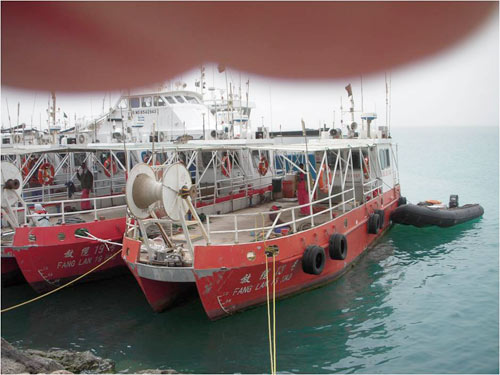
Ten years ago, political reforms were initiated by His Majesty the King in order to increase freedom of expression, create a parliament and a constitutional court, democratic process etc.
Bahrain was also one of the first countries to articulate a vision for the next few decades, in which we hope to restructure our labour market, raise standards of living and encourage investment through laws that support transparency and fairness. Bahrain remains a business-friendly country, and I believe that we will be able to put those events behind us quickly and move forward with the Political Leadership continuous reforms.